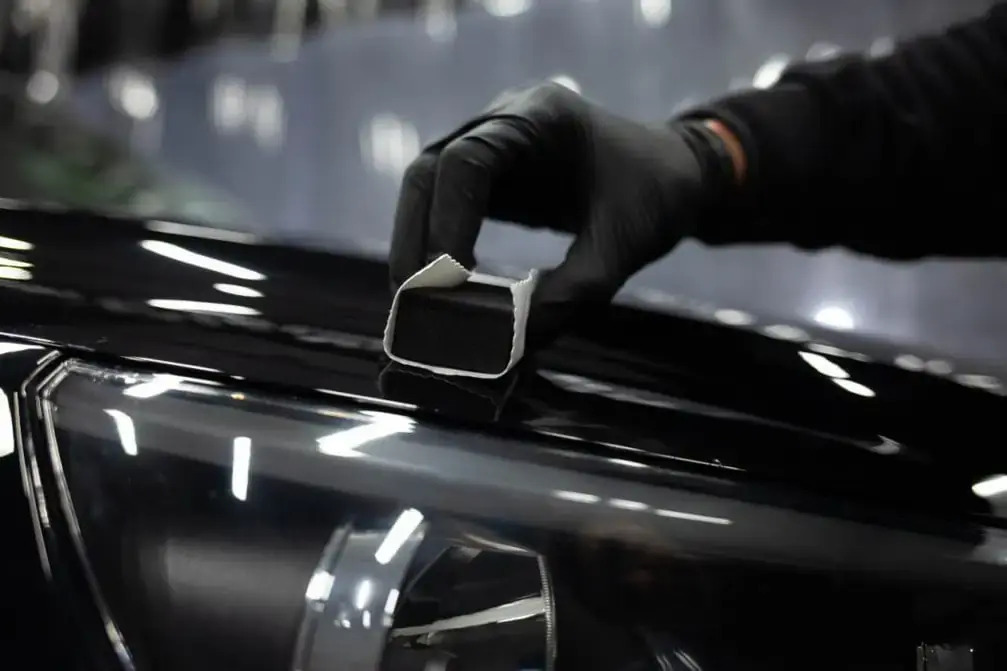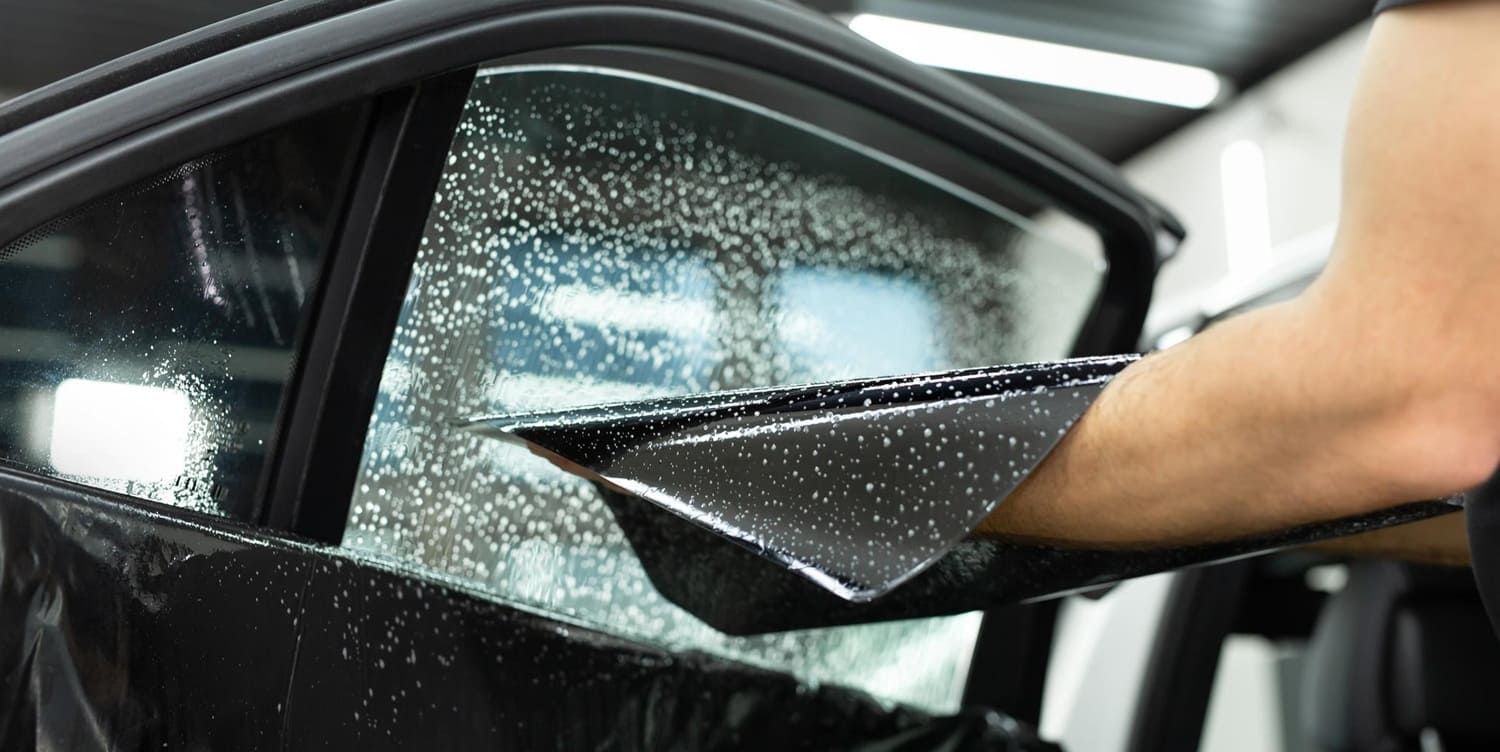Car Jerking While Accelerating? 8 Causes & Fixes Explained
If you’ve ever experienced your car jerking while accelerating, you know how alarming and frustrating it can be. Understanding the underlying issues that cause this jerking motion is crucial for both safety and performance. Ignoring these signs may lead to more significant problems down the road, so let’s explore the possible reasons why your car stutters when accelerating and how you can resolve them.
1. Fuel System Issues
Dirty Fuel Injectors
One of the primary reasons why my car jerks when I accelerate could be dirty fuel injectors. Over time, fuel injectors can become clogged with dirt and grime, leading to an inconsistent flow of fuel. When you press the gas pedal, your car may struggle to get the necessary fuel, causing it to jerk. Cleaning or replacing the injectors can restore normal function.
Fuel Blockages
Another aspect of the fuel system that can lead to car hesitation when accelerating is blockages in the fuel line. If there are obstructions preventing fuel from reaching the engine, it can disrupt the air-fuel mixture and lead to poor acceleration performance. Regular fuel system inspections can help catch these issues early.
2. Ignition System Problems
Worn-Out Spark Plugs
Worn or damaged spark plugs can severely affect how your engine performs. If the spark plugs can’t ignite the fuel in the cylinders efficiently, your engine jerks when accelerating due to misfires. Replacing spark plugs is a relatively inexpensive fix that can make a significant difference in how smoothly your car accelerates.
Defective Ignition Coils
In addition to spark plugs, defective ignition coils can also cause your car to jerk when accelerating. These coils are responsible for converting the battery’s voltage into the high voltage needed to create a spark. If they fail, you’ll experience stuttering or jerking, especially during acceleration. Having a mechanic check your ignition system can save you from bigger issues down the line.
3. Air Intake Issues
Dirty Air Filters
The air filter plays a vital role in your car’s performance by ensuring that clean air enters the engine. If the air filter is clogged, your car may not get the required air flow, leading to car jerking during acceleration. Cleaning or replacing the air filter is a simple maintenance task that can have a considerable impact.
Faulty Mass Airflow Sensor
The Mass Airflow Sensor (MAF) measures the amount of air entering the engine. If it’s malfunctioning, it can send incorrect information to the engine control unit, causing an improper air-fuel mixture. This can lead to your car stuttering when accelerating. Replacing a faulty MAF sensor is essential for optimal engine performance.
4. Transmission Problems
Low Transmission Fluid
Transmission issues can also contribute to the jerking motion. Low or contaminated transmission fluid can lead to poor shifting, making your car jerk when you accelerate. Regular transmission fluid checks and changes are crucial for a smooth driving experience.
Worn Transmission Components
Worn gears or bands within the transmission can cause jerking sensations during acceleration. If your car is experiencing transmission-related issues, it’s essential to consult with a mechanic who specializes in transmission repair.
5. Exhaust System Problems
Blocked Catalytic Converter
A blocked catalytic converter can create significant backpressure in the exhaust system, making it hard for your engine to breathe. This can lead to car hesitation when accelerating, as your engine struggles to expel exhaust gasses. If you suspect a blockage, a professional inspection is recommended to determine whether cleaning or replacement is necessary.
Exhaust Leaks
Exhaust leaks can also cause jerking issues. If there’s a leak in the exhaust system, it can lead to a drop in engine performance and strange noises. Regular inspections can help identify leaks before they escalate into more severe problems.
6. Engine Problems
Damaged Engine Components
Worn or damaged engine components can lead to poor performance and jerking when accelerating. Components like piston rings or cylinder walls can wear out over time, leading to misfires. A thorough diagnostic examination is necessary to identify and address these issues.
Moisture Accumulation
In colder climates, moisture can accumulate on components like the distributor cap, causing engine jerks when accelerating. Keeping your car in a dry, warm location can help mitigate this issue during the winter months.
7. Other Potential Causes
Damaged Acceleration Cables
A faulty acceleration cable can also lead to jerking. If the cable is damaged or has frayed, it may not respond appropriately when you press the gas pedal. This can lead to delays in acceleration and the feeling of your car jerking while accelerating. Regular checks can help catch this before it becomes a bigger issue.
Sensor Malfunctions
Modern vehicles rely on numerous sensors to maintain optimal performance. If any of these sensors malfunction, it can affect how your engine runs, leading to jerking. Diagnostic tests can help identify any faulty sensors that need replacement.
Conclusion
Experiencing a car jerking during acceleration can be alarming and frustrating. Understanding the various reasons behind this issue is the first step toward resolving it. Whether it’s a simple fix like replacing spark plugs or something more complex involving the transmission, addressing the problem promptly can save you from more significant repairs down the line.
If your car is exhibiting these symptoms, don’t hesitate to reach out to us at Right on Detail. Our experienced mechanics are ready to diagnose and fix any issues your vehicle may have, ensuring you’re back on the road safely and smoothly.




